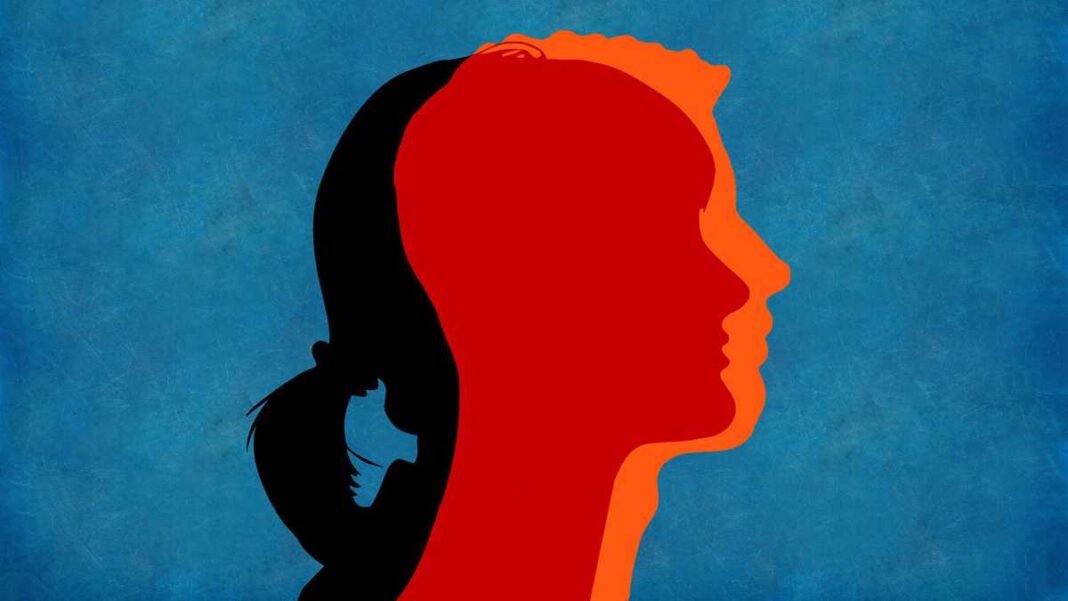An official at the Chicago Board of Elections said he mistakenly failed to count over 9,000 ballots in a state’s attorney race in the primary election.
A Chicago Board of Elections official said Sunday that he had “mistakenly” left out over 9,000 mail-in ballots from one of the races in last week’s Illinois state primary election, sparking renewed scrutiny around voting by mail in the run-up to the November presidential election.
“In adding up the total number of Vote By Mail ballots the Board had received back so far, I mistakenly left out additional ballots” that came in by mail on the evening of March 18, a day prior to Election Day, according to a March 23 statement by Max Bever, Director of Public Information at the Chicago Board of Elections.
The race in which the apparent tabulation error took place is between two Democrat candidates for state’s attorney in Chicago’s Cook County, Eileen O’Neill Burke and Clayton Harris III.
Ms. O’Neill Burke, a former appellate judge who trails by roughly 14,000 votes, is widely seen as the more tough-on-crime candidate of the two.
“We should be booming, and we’re not because of crime,” Ms. O’Neill Burke told The Associated Press. “This is something we can fix.”
Mr. Harris, a professor and former prosecutor who’s the more progressive candidate of the two, has said punishments should consider racial disparities.
The Chicago race is open because the current State’s Attorney Kim Foxx, who faced criticism for being soft on crime, declined to run a third time.
‘I Traded Speed for Accuracy’
One of the campaign issues in the Cook County state’s attorney race has been the future of Ms. Foxx’s controversial policy not to prosecute retail theft as a felony if the value of the stolen goods is below $1,000.
Ms. O’Neill Burke has been critical of the policy.
“It doesn’t deter crime, it promotes it,” she said.
By contrast, Mr. Harris has vowed to keep it in place, if elected.
“If someone came and took my cellphone, is that cellphone worth a felony on your record? I do not think so,” he told AP. “We look at recidivism. We charge everyone appropriately.”
By Tom Ozimek






